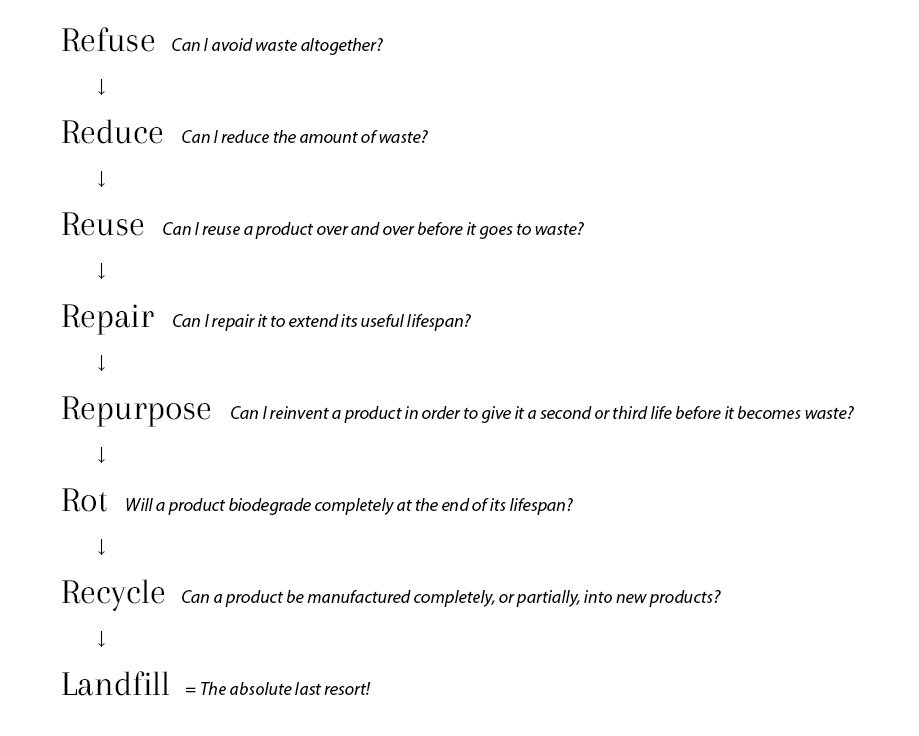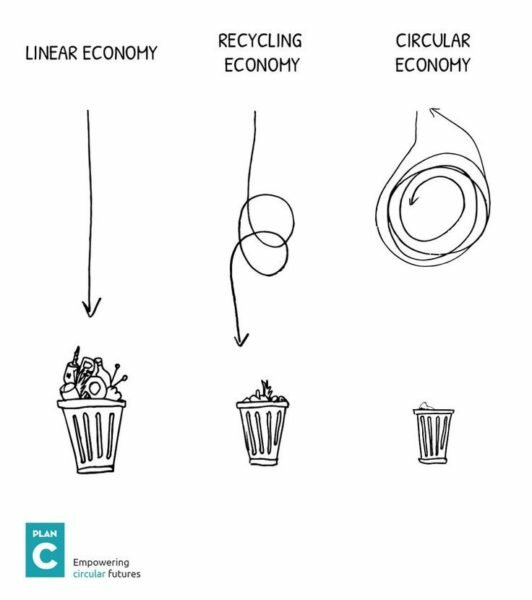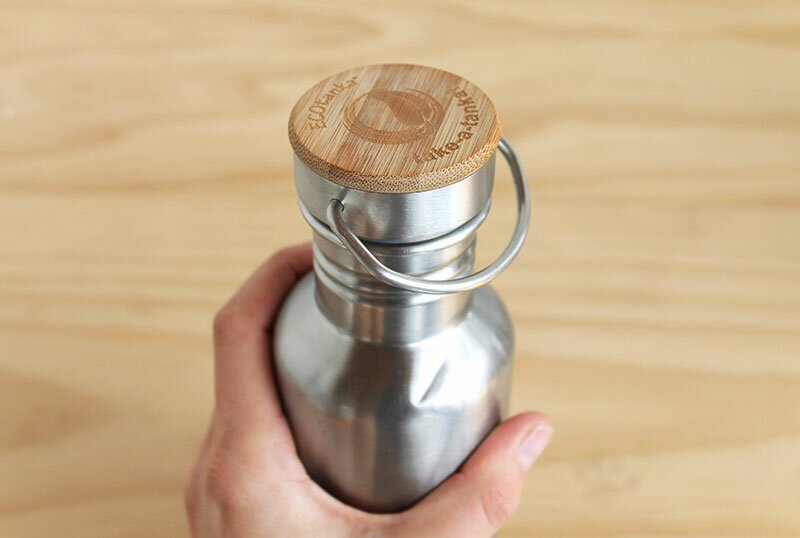‘Zero waste’ is a new attitude towards environmentalism that is growing fast in popularity and momentum. I find it seriously inspiring, if not a little bit daunting – the idea that you can live a fulfilling, ethical life leaving only a minimal amount of waste in your wake, without having to forsake convenience, productivity, or pleasure. Being zero waste is on my list of things I aspire to be (hopefully very soon..!) but I’ll admit it feels pretty impossible right now, particularly with two kids under 5 and way too many projects on the go already!
Of course, the truth is that it isn’t impossible at all. In fact, in many ways I am already well on the way to being a zero-waster because I’ve already revamped my expectations of the products I buy and use. I now consciously avoid products with a single-use lifespan, instead opting for products that have multiple, or even better, infinite possibilities for usefulness between their inception and their complete biodegradation. This might seem like a very complicated way to go about my shopping, but it isn’t really. The hardest bit is just changing long-established habits. Unfortunately, the reality is that our society isn’t structured (yet) to allow for a completely zero-waste existence, so it’s inevitable that many of the things I buy will need to be disposed of somehow. When I shop, I simply consider this hierarchy of waste (and I try to shop from the top down 😉 ):

You’ll notice that recycling has been bumped way down low on my list. Recycling has long been regarded as a thoughtful, sustainable option for waste management, but we are now realising that it is one of the inferior methods we have available to us, particularly when it comes to plastic. The problems inherent in plastic don’t disappear when products are recycled into new objects of desire. Plastic is still plastic, whether recycled, virgin, or waste, and it will still take hundreds of years to degrade, causing much damage to us and our environment in the meantime. It’s true that recycled materials require significantly less energy to produce than their virgin counterparts, but I think that recycling can very easily excuse wasteful habits (including my own). For me, it’s important to strive for an empty or near-empty recycling bin each week because I also believe that the most sustainable approach I can have to waste management is to take personal responsibility for the waste I generate. When I send things off for recycling, I pass the responsibility for their future on to someone else. I don’t know if the contents of my bin will go to China or Australia or if they will stay in New Zealand, whether they will go to landfill or into the sea, or whether they will resurface in the form of a new pair of shoes or wine bottle. Although there are many websites, even in NZ, which explain where our recycling goes, the truth is that I really don’t know what’s happened to all that plastic, glass, or steel I’ve put in my recycling bin over the years.
I find one of the most challenging aspects of trying to shop zero waste is packaging. It’s an often unnecessary byproduct of buying the thing you really want – it’s so frustrating when you want to buy a product that’s organic / fair trade / ethical / handmade / plastic-free, but you have to buy it packaged in (sometimes layers) of plastic or foil or laminated cardboard 🙁 . I still feel awkward even at the Farmers’ Markets, asking if I can empty the carrots or mandarins into my reusable bag and return the plastic packaging… But I guess it’s my own embarrassment that’s the problem. Almost every time I ask, stallholders are perfectly happy to take back the plastic bags (last weekend I got a little discount on my oranges for saving him the expense of a plastic bag!), retail assistants no longer look surprised or get annoyed when I refuse carry bags in stores or at the supermarket, and some even comment that they are so glad I’ve refused a bag! And yet, my family’s soft plastics recycling bag is still full at the end of each week, in spite of our awareness and good intentions. Almost all of it is packaging… 😕
We humans are the only creatures on earth that don’t live by zero waste principles, and that’s what makes us unsustainable. But it also proves that zero-waste life is possible and it’s happening all around us; we just need to take responsibility for our actions and make the change!
I’ll finish this post with an awesome infographic that I found which shows very simply where we’ve come from as a society and where we need to be. For much of my lifetime, the promoted vision of sustainability has been one of moving from a linear economy to a recycling economy. But zero-wasters are demonstrating that we can do much better. Nature is circular, and if we want to live in a truly sustainable way we need to strive for a circular, zero-waste economy. This is the goal; let’s make it happen!!!

FYI, here’s some zero-waste inspiration for you:
– Daily Good | “Designing for the circular economy”
– Plan C | Empowering Circular Futures (explains the principles of a circular economy)
